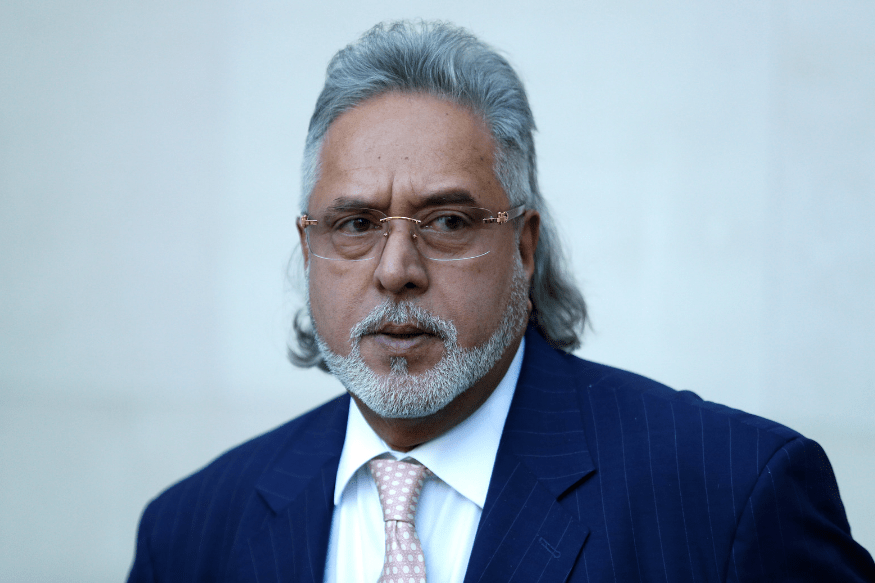The Kerala High Court on Wednesday held that non-adherence to the guidelines issued by the Supreme Court cannot be construed as misconduct by a judicial officer, unless it is established to be wilful and deliberate [S Krishnakumar v State of Kerala].
A division bench of Justices AK Jayasankaran Nambiar and Mohammed Nias CP observed that holding otherwise would stifle the through process of judicial officers who have to be accorded sufficient intellectual freedom.
“Non-adherence to the guidelines issued by the Supreme Court, except when established to be wilful and deliberate, cannot be seen as a misconduct on the part of a judicial officer. When the non-adherence to the guidelines issued by the higher court, is on account of the ignorance or noncomprehension of the judicial officer, it ought to be viewed as a mistake occasioned by the officer in the discharge of his judicial function, and one that can be corrected by the higher courts in the judicial hierarchy. Holding otherwise could have the deleterious effect of stifling the thought process of judicial officers who have to be accorded sufficient intellectual freedom if they are to function effectively under our legal system,” the judgment stated.
Justice AK Jayasankaran Nambiar, Justice Mohammed Nias CP
The bench made the observation in a judgment setting aside the transfer of Kozhikode Principle District and Sessions Judge S Krishnakumar who had passed the controversial “provocative dress order”.
The bench stated that the observations that a case of sexual harassment would not stand if the victim was wearing provocative clothing, “were indeed derogatory to women and, in our view, wholly uncalled for”.
It further said that the the observations in question were of a kind that was specifically denounced and deprecated by the Supreme Court in Aparna Bhat & Ors. v. State of Madhya Pradesh & Anr.
However, the Court opined that the same could not be construed as judicial misconduct, but rather, only amounts to a mistake committed by Krishnakumar while discharging of his judicial function.
Krishnakumar was serving as Additional District and Sessions Judge at Kozhikode when he was transferred as Presiding Officer of Labour Court in Kollam district.
The transfer came soon after he issued the now infamous “provocative dress” order while granting bail to activist Civic Chandran.
The judge then approached the High Court challenging the transfer. A single judge upheld the transfer which prompted him to move the present appeal against the same before the division bench.
The bench started its judgment with this quote from the 1988 judgment of the Supreme Court in Ishwar Chand Jain v. High Court of Punjab and Haryana & Anr.
“If in every case where an order of a subordinate court is found to be faulty a disciplinary action were to be initiated, the confidence of the subordinate judiciary will be shaken and the officers will be in constant fear of writing a judgment so as not to face a disciplinary enquiry and thus judicial officers cannot act independently or fearlessly.”
The Court opined that there appeared to be no reason that necessitated the transfer other than the widespread criticism of the judge’s order.
The Court said that ordinarily, the propriety of making observations in a judgment or judicial order would depend upon the issue that arises for consideration before the judge in the particular case.
“If the observations do not have any nexus with the issue that is being considered by the court, the judge’s observations, if derogatory in nature, cannot claim any immunity from either public criticism or legal action. Such immunity, on the other hand, will ordinarily be available to those observations that are made in connection with the issue being considered by the court, whether or not they are in conformity with the popular view held in society,” the Court elaborated.
It went on to say that the only remedy available to a person who is aggrieved by the latter is to seek judicial redress against the same before the higher judicial forum.
In the present case, the Court noted that the High Court had already expunged the controversial observations made by the appellant.
If the High Court, on its administrative side, still was of the view that initiation of disciplinary action was warranted, it ought to have called for an explanation from the appellant first and then established the misconduct in a disciplinary enquiry instituted for the purpose, the Court said. Such action, however, was never initiated against the appellant by the High Court, the bench said.
It also noted that even in the counter affidavit filed by the High Court Registrar General, it was stated that the order of transfer was not punitive but in public interest and in the exigencies of the service. Therefore, the Court concluded that the transfer was unfair and punitive in nature.
Another aspect touched on by the Court was the right to privacy and dignity of the appellant-judge. .
“After the judgment of the Supreme Court in K.S. Puttaswamy and Another v. Union of India and Others, an employer that answers to the description of “State” within the meaning of the term under Article 12 of the Constitution, including the High Court in the discharge of its administrative functions, cannot ignore the dignity of the employee concerned, and the possible harm that may be caused to his reputation while in service, while ordering his transfer to another workplace,” the Court said in its judgment allowing the appeal.
Judge Krishnakumar was represented by Senior Advocate VV Sidharthan and advocates Dinesh Mathew J Muricken, Vinod S Pillai, Nayana Varghese, and Ahammad Sachin K.
Advocate Elviin Peter PJ represented the High Court and Government Pleader Bijoy Chandran appeared for the State.
Source Link




